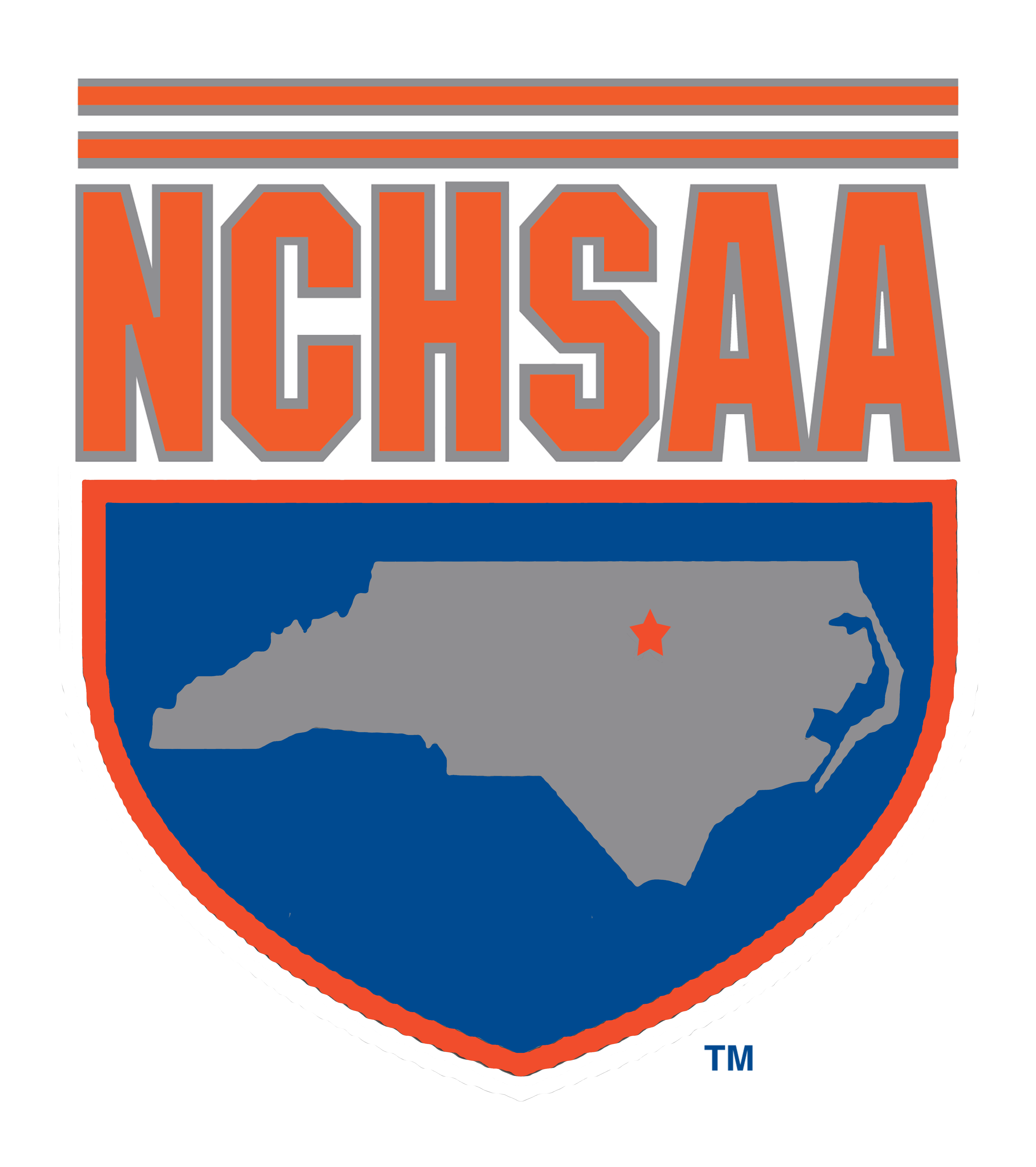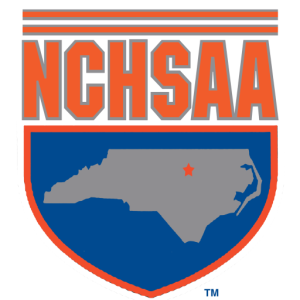FOUR QUESTIONS: A CONVERSATION WITH… MARK KADLECIK
Mark Kadlecik wears a couple of different hats in his involvement with the North Carolina High School Athletic Association.
He is the athletic director at Durham School of the Arts, a certified athletic administrator, and also is the regional supervisor of officials for the Triangle Soccer Officials Association. Mark has been an outstanding soccer coach, guding the East Chapel Hill women’s team to a 2004 NCHSAA state championship and coaching the Carrboro men’s team to state runners-up finishes in 2011 and ’12.
Mark earned his undergraduate degree in physical education and health education from Elon University and then got his master’s at East Carolina. He is an outstanding official himself, a current college official for the SEC, ACC, Big 10, Big South, Southern Conference, Colonial Athletic Association and Conference USA. He is also a referee for the professional referee organization that serves Major League Soccer, the NASL and the USL.
What do you find to be the most difficult part of being a regional supervisor, and what is the most rewarding part?
The most difficult part of being a regional supervisor is……….RAIN! This leads to many cancellations and make-up games, which in turn can lead to some hectic days and long unexpected nights.
The rewards of being a regional supervisor outweigh the challenges, though. Seeing an official’s progress brings about gratification beyond words. Many would think this notion would only apply to our younger officials but for me it applies to all of our officials. It is my job as the regional supervisor to make sure we progress new officials by giving them the proper guidance and putting him or her in environments in which they can succeed. Hearing the excitement from an official who receives a playoff assignment brings a smile to my face, knowing that this person has sacrificed time to attend clinics, scrimmages, as well as working games.
How has your background as a coach assisted or impacted you in your role as a regional supervisor?
A lot of coaching goes on in my capacity as a regional supervisor. Putting an official in an environment in which they can succeed is essential. You do the same with players as a coach, because you want to build confidence. When a referee or player leaves a contest with a sense of doubt, it impacts the next performance.
There are going to be times when mistakes are made. My job as a regional supervisor, similar to that of a coach, is to make sure the same mistake does not happen again. I like to use the line of questioning my ACC Supervisor of Officials, Paul Tamberino, uses: “What went wrong? Why did it go wrong? What do we do to fix it?” These three questions help an official to reflect and I used the same practice when I coached.
What are the biggest changes you’ve seen in high school athletics during your career?
The trend of one sport-specialization is one which is disturbing to me. I despise the fact student-athletes are “putting all their eggs in one basket” and going away from playing multiple sports. Study after study shows the impact of playing interscholastic sports and how it benefits adolescents, in terms of academic performance and life skills development.
I frequently hear the argument that playing club or AAU sports are the ticket to college exposure, but I disagree. It may help, but this is only for a small percentage of student-athletes. If a student-athlete is talented, the collegiate coach will find them regardless of what level they are playing. I was fortunate enough to coach a student-athlete who did not play club soccer her last two years in soccer, yet ended up walking on and starting for UNC Chapel Hill’s women’s soccer team which, we can argue, is the most successful women’s collegiate program ever. Through hard work in the off-season and determination, she was a starter for two years ,including becoming an Academic All-American for her on-field and academic excellence.
In addition, participating in multiple sports at a school helps develop the student-athlete socially. I observed an officiating crew at a regional final this year. In speaking with a coach before the game, he pointed out eight students in the crowd. He mentioned how they chose to play club soccer instead of for their school. I couldn’t help but notice the range of emotions this group of students exhibited throughout the game. It was very evident by their body language and conversations there was regret about not being able to be out on that field with their school-mates. I’ve been to many club soccer games ,but rarely do they draw the number of fans with the energy and excitement you see at a high school contest.
This is my first year in the capacity of a high school athletic director. In an effort to promote multi-sport athletes, we are going to recognize every student-athlete with a “bronze bulldog” trophy for those who played all three seasons during our spring awards ceremony. I’m sad to report I did not have to order very many trophies ,but I am hoping this will change in the future. I strongly believe in education-based athletics and my hope is the “bronze bulldog” will encourage student-athletes to remain active in our athletic program throughout the entire year.
What is your best memory of high school athletics personally, from your own involvement in them?
I am a proud Dragon from Kingsway Regional High School in New Jersey, having played soccer and basketball. Although I played club soccer,my most cherished moments as a player came from high school soccer. I owe a ton from my experiences as a high school soccer player.
Every single person in my wedding party was on my high school team, and we keep in touch with each other weekly even though my friends live in New Jersey, Delaware, and California. High school soccer motivated me to pursue officiating, which has allowed me to climb to the professional ranks with travel across the United States in addition to other great places like Canada, Puerto Rico and Bermuda. I have been fortunate enough to officiate at the Division 1, 2, and 3 Final Fours as well as the Conference USA, Big 12, Big South, SEC, and Atlantic 10 conference championship at the college level.
The game of soccer has been very good to me. In summary, high school soccer provided me the inspiration to pursue and climb the ranks in officiating.



